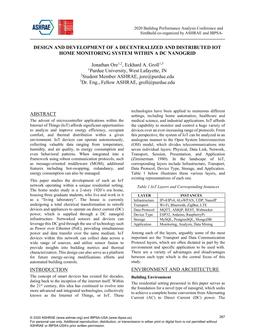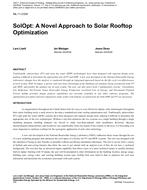Variable-air-volume (VAV) systems are growing in popularity in the laboratory industry due to their ability to conserve energy. However, VAV systems pose new control challenges to achieve a stable and accurate performance over a wide range of operating conditions. A combined feedforward and feedback control approach is proposed in this paper with the objective to enhance performance, to be cost effective, and to be easy to implement and operate for laboratory HVAC systems. The feedforward component employs a general regression neural network (GRNN) for HVAC system identification and control, while the feedback component provides a control signal to offset any steady-state error.
This is Part I of a three-part paper that compares the performance of the combined control approach with conventional feedback and feedforward only controllers. The comparison is made for the control sequences commonly found in a laboratory with a VAV system. A general overview of the different control approaches is presented in this paper. The control sequence for pressure is developed, and a simulation model is built. Simulated results are then presented for the combined, feedforward only, and conventional feedback control approaches. The results clearly indicate that the combined approach performs better than the feedback approach over widely varying operating conditions and different damper characteristics. The combined approach is stable and eliminates all steady-state error.
Units: Dual
Citation: Symposium, ASHRAE Transactions, 1998, Vol. 104, Part 2, Toronto, ON
Product Details
- Published:
- 1998
- Number of Pages:
- 13
- File Size:
- 1 file , 210 KB
- Product Code(s):
- D-7701


